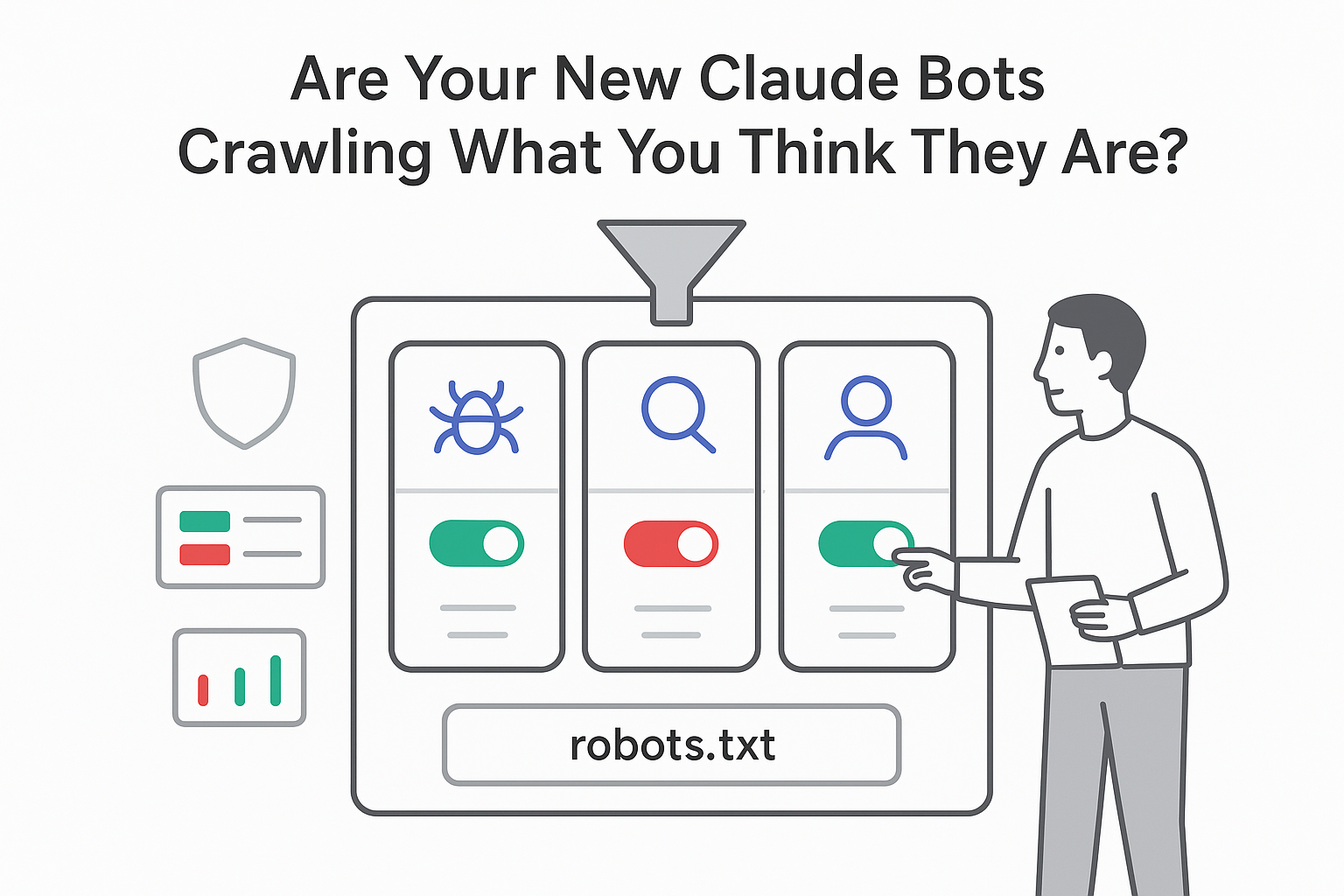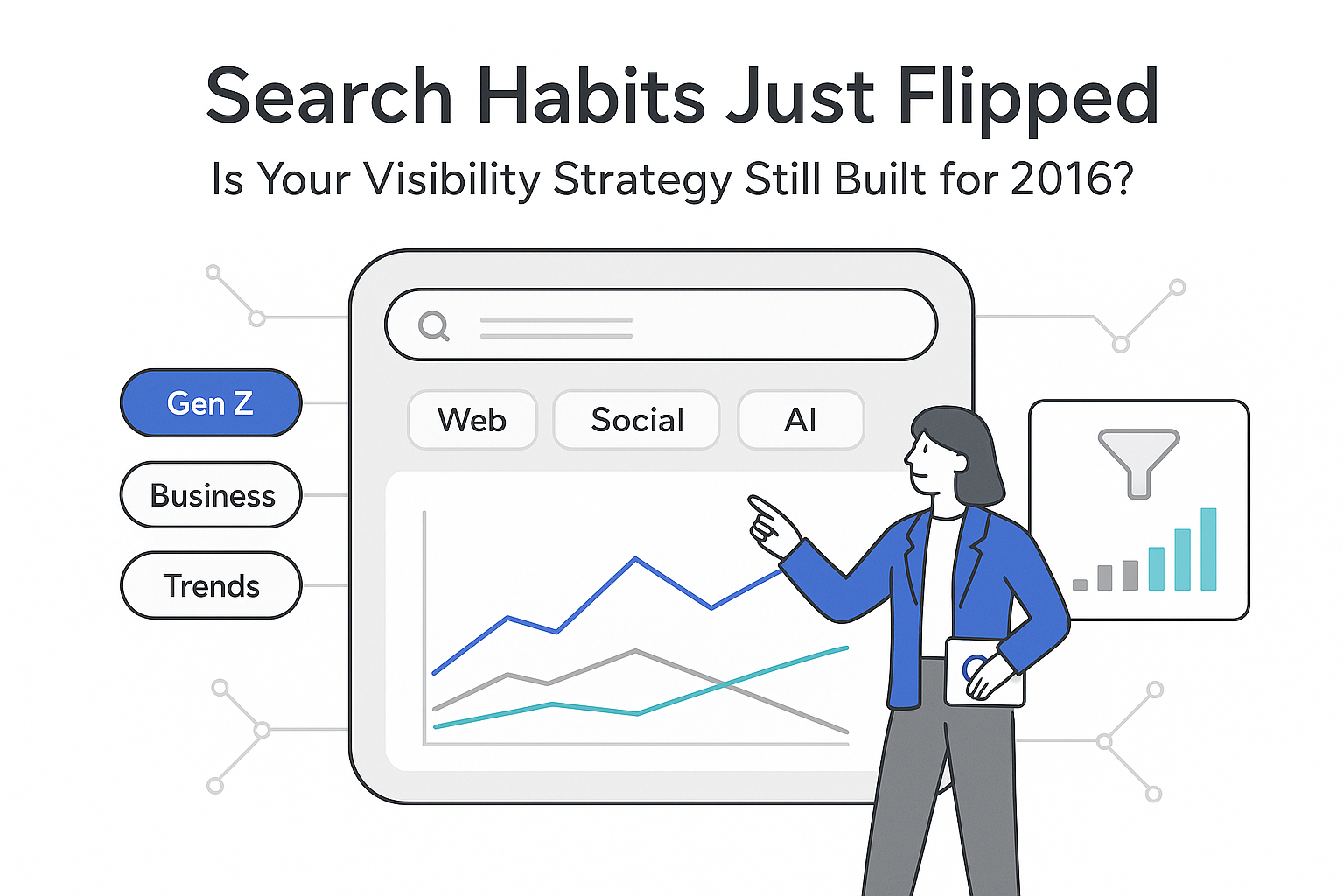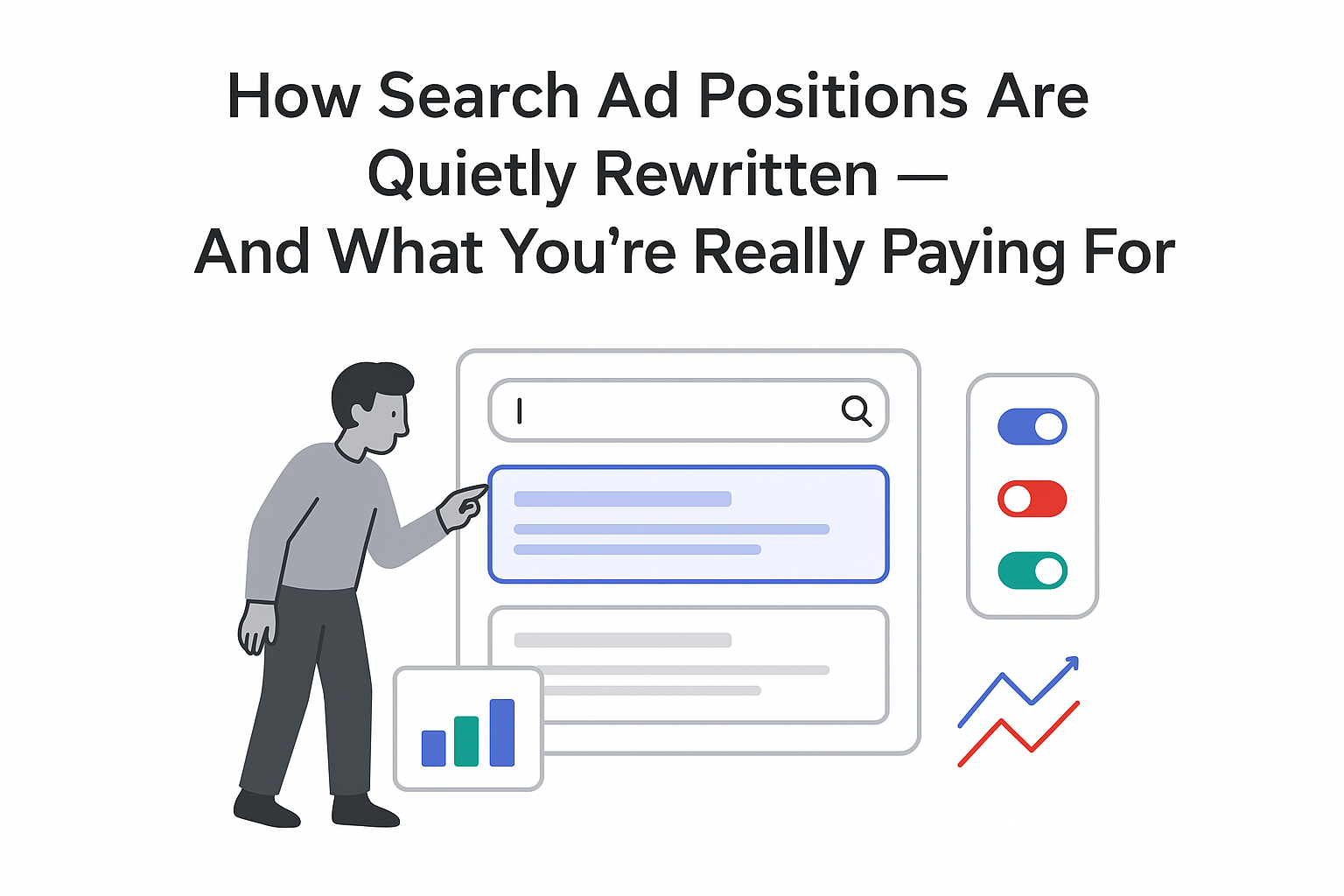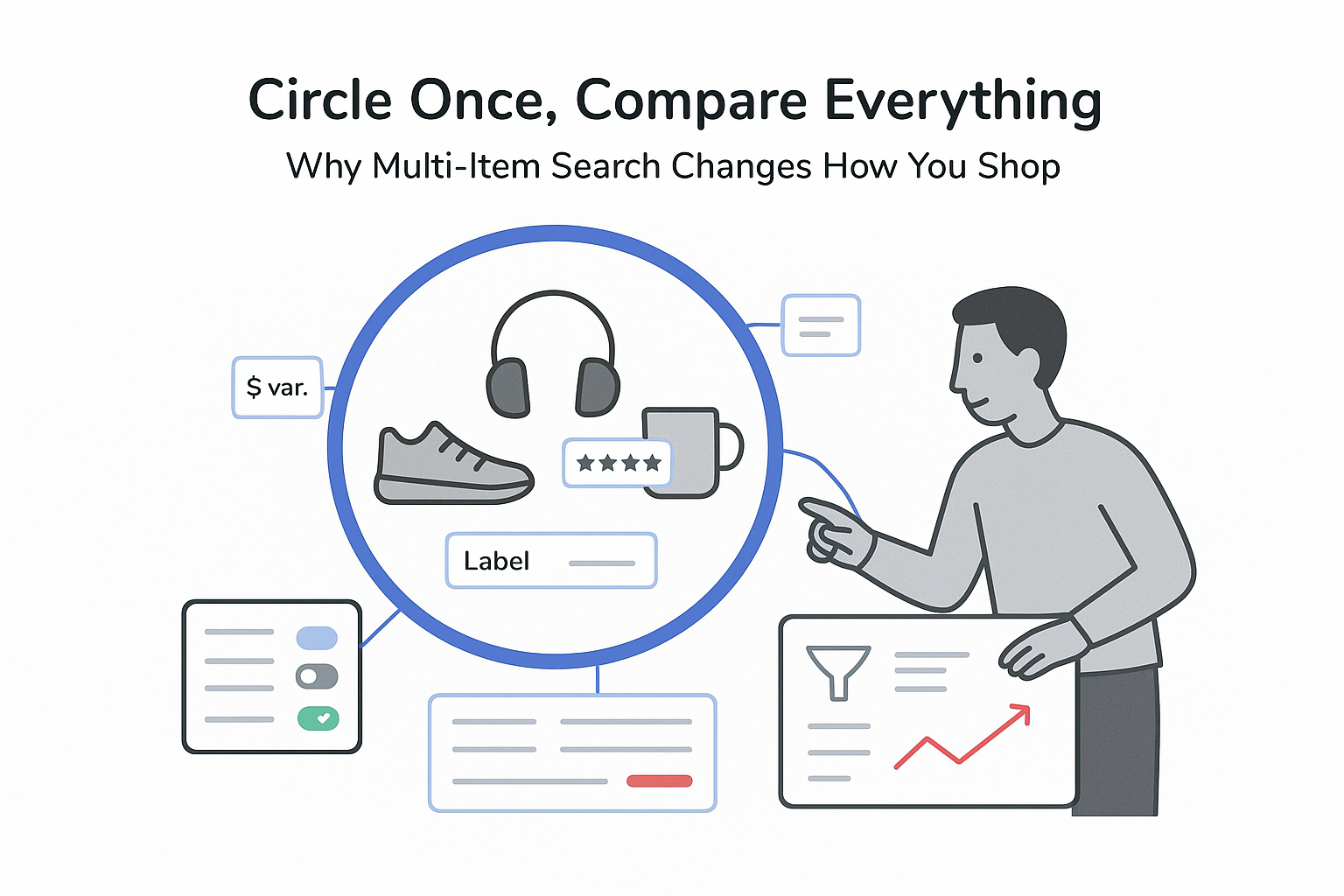SEO consultant Aleyda Solís has shown that ChatGPT’s browsing mode can pull information from Google search snippets when Bing has not indexed a page, raising fresh questions about how the AI tool gathers real-time data.
What Happened
Solís created a test page titled "LLMs.txt Generators" on LearningAISearch.com and immediately queried ChatGPT with browsing enabled.
- Initially, ChatGPT reported that the URL was missing or outdated.
- Within a few hours Google indexed the page, confirmed in Search Console, while Bing still showed no record in Bing Webmaster Tools.
- After Google’s index appeared, ChatGPT returned a short summary that matched the Google search result snippet verbatim and listed only one tool, the same text Google displayed.
- When asked to cite its source, ChatGPT replied that it used a "cached snippet via web search."
- Solís documented the entire sequence in a blog post and LinkedIn update; Search Engine Journal covered the findings nine hours later.
Why It Matters
The experiment suggests ChatGPT can fall back on publicly visible Google snippets when Bing lacks relevant data. For marketers and SEOs, this means information surfaced by ChatGPT may rely on whichever search engine indexes content first, potentially mirroring Google’s summaries without accessing the page directly.
Background on ChatGPT Browsing
ChatGPT’s browsing mode, available to Plus and Enterprise users, typically pulls live page content or page summaries delivered through Bing’s API. Solís’s findings indicate an additional layer: if Bing returns no results, ChatGPT may look elsewhere for publicly available snippets, including Google’s search results, to answer user queries.
Sources
Full details are available in Solís’s blog post Confirmed: ChatGPT uses Google SERP Snippets for its Answers [A Test with Proof] and her LinkedIn post. Search Engine Journal also reported on the experiment.







.svg)